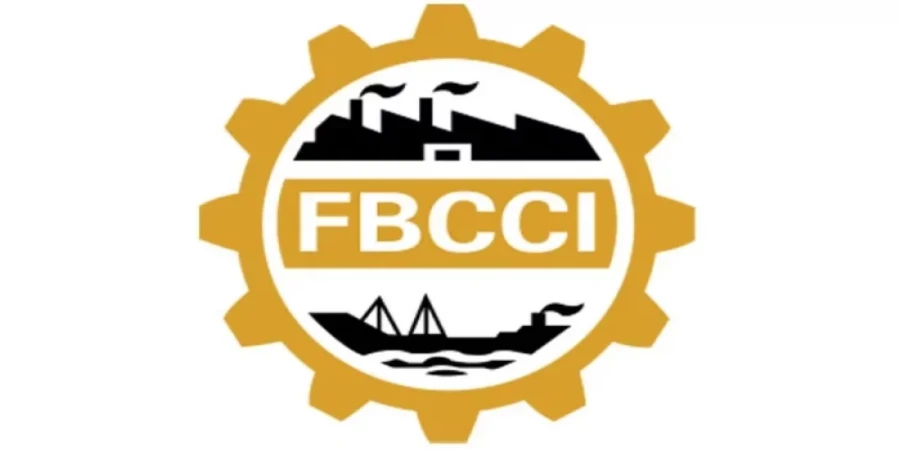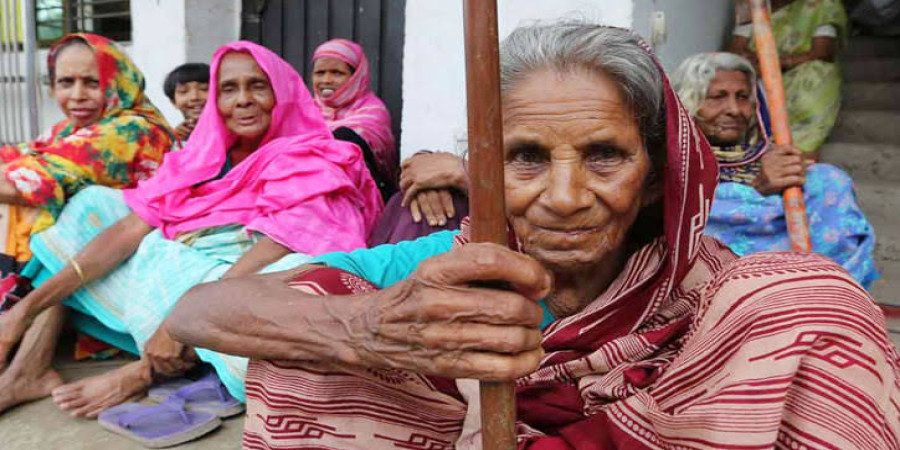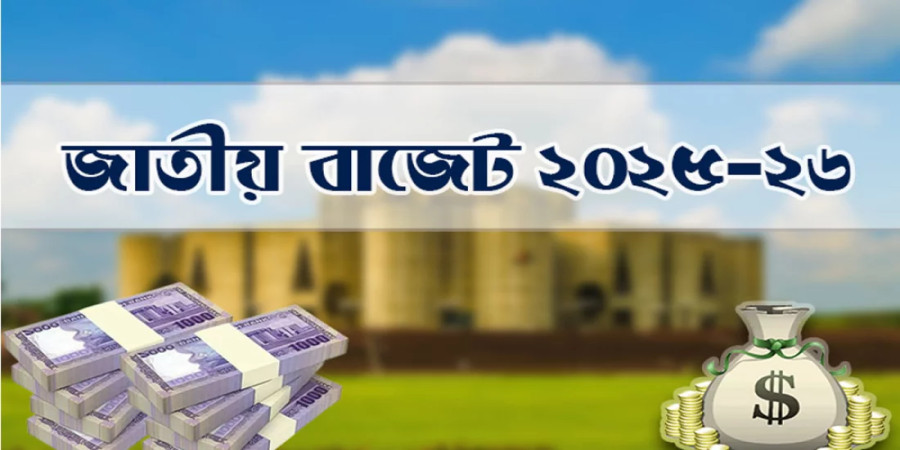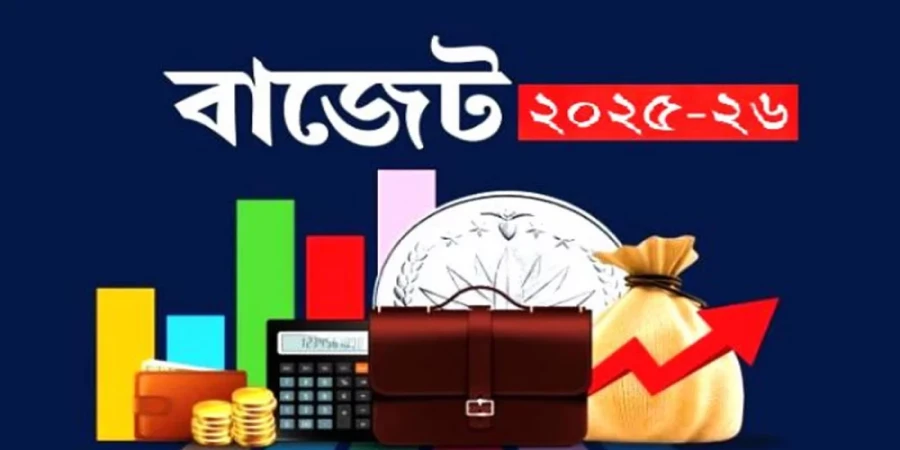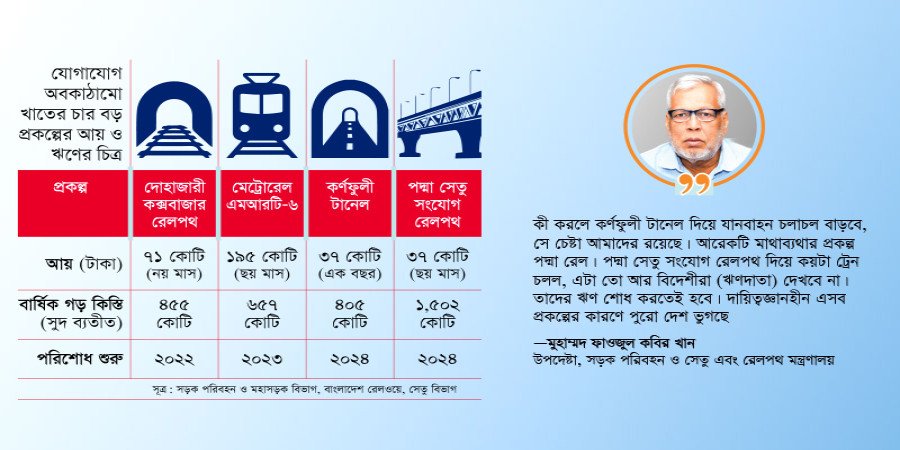
ছবি: Collected photo
With lower-than-expected earnings, major projects like the Cox’s Bazar Railway, Dhaka Metro Rail, Karnaphuli Tunnel, and Padma Bridge Railway Connection are creating financial pressures on Bangladesh's national budget, requiring government subsidies to meet loan repayments.
In the last two years, Bangladesh has launched four significant infrastructure projects: the Cox’s Bazar Railway, Dhaka Metro Rail, Karnaphuli Tunnel, and Padma Bridge Railway Connection. These projects were primarily funded by loans from international development agencies. However, recent financial data reveal that these projects' revenue generation falls short of covering their operational and maintenance expenses, let alone servicing the substantial loan repayments. The total loan amount for these projects stands at around 56,000 crore BDT, with an average annual installment exceeding 3,000 crore BDT. The government has had to intervene with subsidies to help meet these obligations.
The first among these projects to commence loan repayments was the Dohazari-Cox's Bazar Railway, funded by the Asian Development Bank (ADB) with a loan of 9,093 crore BDT. Starting in 2022, Bangladesh Railway has been able to generate approximately 71 crore BDT in revenue from this line, but it barely covers the operational costs. Experts, including former Chittagong University economics professor Dr. Moinul Islam, have criticized this project as financially unsustainable, warning that it may never generate sufficient revenue to cover its loan repayments, making it a burden on the national economy.
Another prominent project is the Uttara-Motijheel Metro Rail (Line-6), initiated to ease Dhaka’s traffic congestion. This project received a loan of 19,718 crore BDT from the Japan International Cooperation Agency (JICA). Although operational since November 2023, its revenues so far have been insufficient to meet loan repayment requirements. Despite assurances from the Dhaka Mass Transit Company Limited (DMTCL) that the metro’s income will eventually cover the loan repayments, the current financials indicate a reliance on project funds for debt servicing.
Meanwhile, the Karnaphuli Tunnel, constructed with a 6,070 crore BDT loan from China, is also running at a loss. Its first-year revenue totaled 37 crore BDT, while its annual operating and maintenance costs surpassed 136 crore BDT. The government has started to repay the Chinese loan this year, requiring further subsidies to cover the difference. Transportation advisors have suggested increasing traffic through the tunnel to offset losses.
The Padma Bridge Railway Connection, implemented at a cost of 39,246 crore BDT, of which 21,036 crore BDT was borrowed, has faced similar challenges. Since the railway opened in November 2023, the revenue from ticket sales has remained insufficient to meet loan repayment costs, necessitating government subsidies. Infrastructure expert Dr. Shamsul Haque has raised concerns about the financial viability of this project, suggesting that it should have prioritized freight transport to increase revenue.
Overall, these megaprojects—while crucial to Bangladesh’s infrastructure development—are currently imposing a financial strain on the government budget, with mounting subsidies required to manage their debt.
repoter



